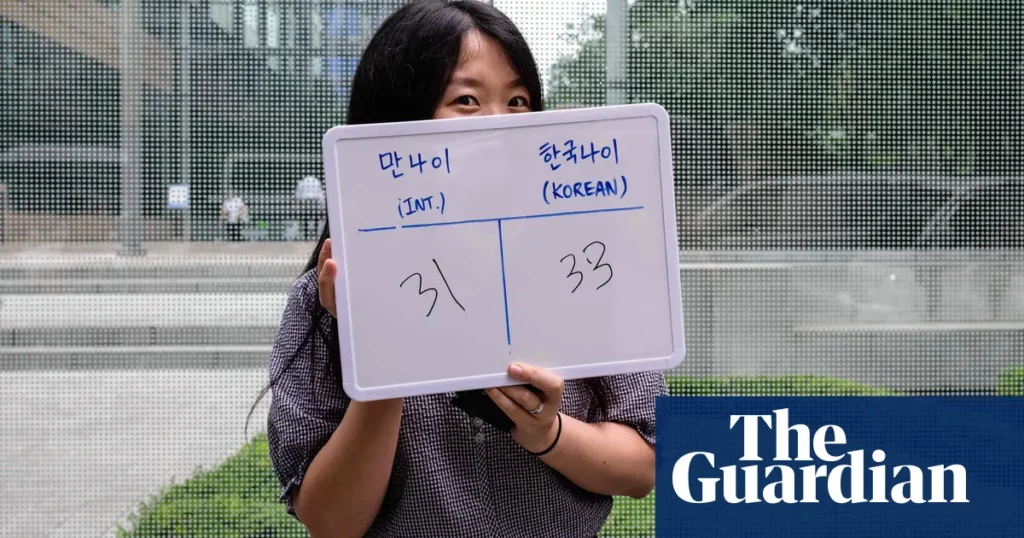South Korea Age Revolution: Officially Ditching the Traditional System

In a move that’s making birthdays a little more exciting, South Korea has officially bid farewell to its traditional age calculation system. As of Wednesday (28/6), the South Korean government has embraced the international age calculation method, making everyone in the country officially one or two years younger.
Lee Jung-hee’s Youthful Joy: A Year Off at 60
Lee Jung-hee is gearing up to celebrate her 60th birthday next year. However, thanks to the government’s decision to ditch the traditional age calculation system, this Seoul-based middle-aged woman finds herself a whole year younger – and she couldn’t be happier.
Under the old system, which deemed a newborn to be one year old, everyone aged with the turn of the year, not based on their actual birth date. This meant that a baby born on December 31 would turn two the very next day, January 1, according to Korean reckoning.
Starting Wednesday, South Korea has adopted the international system, aligning age with a person’s actual birthday. So now, everyone in Korea officially becomes a year or two younger.
“It feels fantastic,” Lee told AFP. “For people like me, who should be turning 60 next year, this change makes you feel young,” she added with a laugh.
South Korea Sensation, From K-Pop to Kimchi: Joining the International Age League
While China, Japan, and even North Korea bid farewell to the traditional system decades ago, South Korea held onto it, even as it gained international prominence as a major player in K-Pop and kimchi. Lee’s sentiment about the confusion around age shared by many.
“It’s really confusing when foreigners ask about my age because I know they mean international age, so I have to calculate first,” said office worker Hong Suk-min to AFP.
After a brief pause, Hong explained that he’s 45 according to the international system but 47 in Korean reckoning.
The official shift in the age calculation system won’t impact many legal and administrative functions. Especially to the age stated on passports. The age at which someone can legally considered a teenager, pension benefits, or healthcare services. These have long used the actual birthdate rather than the Korean age.
The government hopes that this change will eliminate confusion, particularly issues arising when elderly Koreans believe they are entitled to retirement and free travel benefits before the legally recognized age. The move is a step towards a more internationally aligned age reckoning system in a country that continues to make waves on the global stage.





